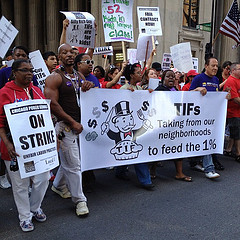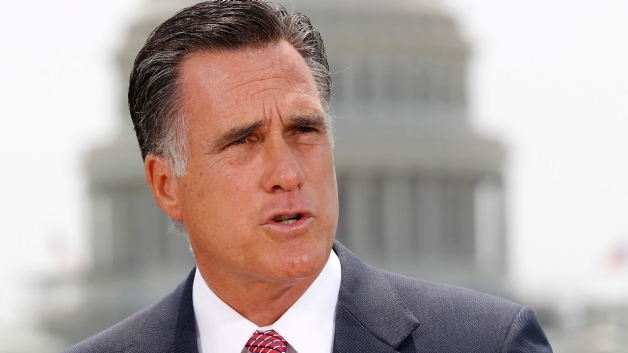 The web is rightly abuzz with analysis of the Supreme Court’s impending consideration of the US Affordable Care Act, usually known as Obama’s health care bill. Today is the second day of oral arguments.
The web is rightly abuzz with analysis of the Supreme Court’s impending consideration of the US Affordable Care Act, usually known as Obama’s health care bill. Today is the second day of oral arguments.
Of the many interesting aspects of the case, the role of precedent stands out. Implicit in much of the discussion on which precedents the Court will follow is that precedent actually matters. I think it does; others think not. We shall see.
The broader discussion is over whether the Court will be willing to strike such a major law on a weak legal case. The legal issue is whether the Commerce Clause of the U.S. Constitution — 16 words that grant Congress the authority to regulate ‘commerce among the several states’ — allows for a mandate that most Americans buy their own health insurance or pay a fine.
It can be argued that the Constitution and precedents forbid such a law, but it is far from an obvious conclusion. Of the four lower courts that have considered the law, only one has struck the mandate. Two have upheld it and one has dismissed the case for lack of standing.
I’m not convinced that the conservative precedents apply here. The conservative precedents on which the Court limited the application of the Commerce Clause involved laws in which the regulation of interstate commerce was incidental to the law. In Lopez, one of the cases, Congress justified Federal laws targeting gun violence in schools by saying guns are traded across state borders. In Morrison, another case, Congress justified laws targeting violence against women by saying women worked in a national market. In both instances, the object of the laws was not commerce, even broadly construed, and the Court disallowed both laws.
But the Affordable Care Act, in contrast, regulates how Americans pay for health care, an economic activity and industry that is undeniably national in scope.

Moreover, the so-called broccoli and right-to-inactivity arguments that dominate conservative critiques have made zero headway in the courts. These arguments seem to work on cable TV (‘If Congress can make you buy health insurance why can’t it make you eat broccoli?’), but the constitutional basis for these claims is elusive, even more so than the conservative bugbear right to privacy (famously derived by Justice Douglas from penumbras of emanations from constitutional rights). In his lower court decision upholding the health care law, conservative Judge Laurence Silberman (seen here getting the Congressional Medal of Freedom from President George W. Bush) wrote
No Supreme Court case has ever held or implied that Congress’s Commerce Clause authority is limited to individuals who are presently engaging in an activity involving, or substantially affecting, interstate commerce… if Congress can regulate even instances of purely local conduct that were never intended for, or entered, an interstate market, we think Congress can also regulate instances of ostensible inactivity inside a state.
Even the lower court decision from the 11th Circuit that struck the law dismissed these arguments
The parade of horribles said to follow ineluctably from upholding the individual mandate includes the federal government’s ability to compel us to purchase and consume broccoli, buy General Motors vehicles, and exercise three times a week. However, acknowledging the constitutionality of the individual mandate portends no such impending doom… we are not persuaded that the formalistic dichotomy of activity and inactivity provides a workable or persuasive enough answer in this case.
One twist in this debate is the implications of the decision and its rationale for other policies. A longstanding conservative policy goal has been to replace the current Social Security elderly pension system with personal accounts (or, the less poll-friendly term, ‘privatizing Social Security’). These accounts would mandate investment into regulated retirements accounts. The right to ‘do nothing’ would be out the window. If the government could mandate you to invest in a retirement account what is to stop them from mandating you save broccoli for your retirement?
This all adds up to a difficult case for the Court’s conservatives. Experts and bettors are confident the Court will not strike the law. This makes sense. The legal case for striking the law is weak and doing so would open the Court to withering partisan criticism even as it would close the door on other conservative policy priorities.
Dr. Michael Bailey is a Professor at Georgetown University and a visiting fellow at Oxford’s Rothermere American Institute. His latest book, co-authored with Forrest Maltzman of George Washington University, is The Constrained Court: Law, Politics, and the Decisions Justices Make, Princeton University Press, 216 pages.







No Comment